Why I Teach My Children that Hanukkah Is Not The “Festival of Lights”
I love the holidays – the time off, the joy, the gifts, the quality time with the people I love. I’m Jewish and my husband was raised Christian. So, we do ALL of it, and we go big. We play Hanukkah and Christmas songs on Alexa for days. We do Advent Calendars and Eight nights of presents, plus Santa comes. Phew boy, it’s a lot!
However, these days it’s hard to get on the “joy” bandwagon. We have been through COVID and the Delta variant. We had to roll with school policies changing seemingly every other week. We’ve experienced some dark days. Then came Hurricane Ida, which brought literal days of darkness. Now as we try to rebuild, we continue to be faced with obstacles such as insurance woes and long construction waitlists. Joy is great, but I also find it important for my kids to understand the true meaning of Hanukkah. I think it’s a holiday that we can especially appreciate after the last year of strife.
Are you sitting down for this one? Truth bomb: Hanukkah is not the Festival of Lights. And while we’re at it, Hanukkah is also not a very important Jewish Holiday. It has only been given high importance, the illusion of joy, and presents to keep up with Christmas.
But enough about what Hanukkah is not. I’m here to talk about what Hanukkah is. The story goes like this: over 2000 years ago, the Greek empire had taken over the land of Israel. The Greek king, Antiochus, was a cruel ruler. He forbade the Jews from practicing their religion, insisting that they worship Greek gods instead. A small army of Jews rose up and fought back against the tyrannical leader. Against all odds, the small army was victorious. But the Temple which at that time was the worship center, town hall, school, pretty much everything to the Jewish city, was destroyed in the process.
Despite the devastation, the Jews focused their efforts on rebuilding. They found a way to create light out of one day’s worth of oil that miraculously lasted 8 days. They were able to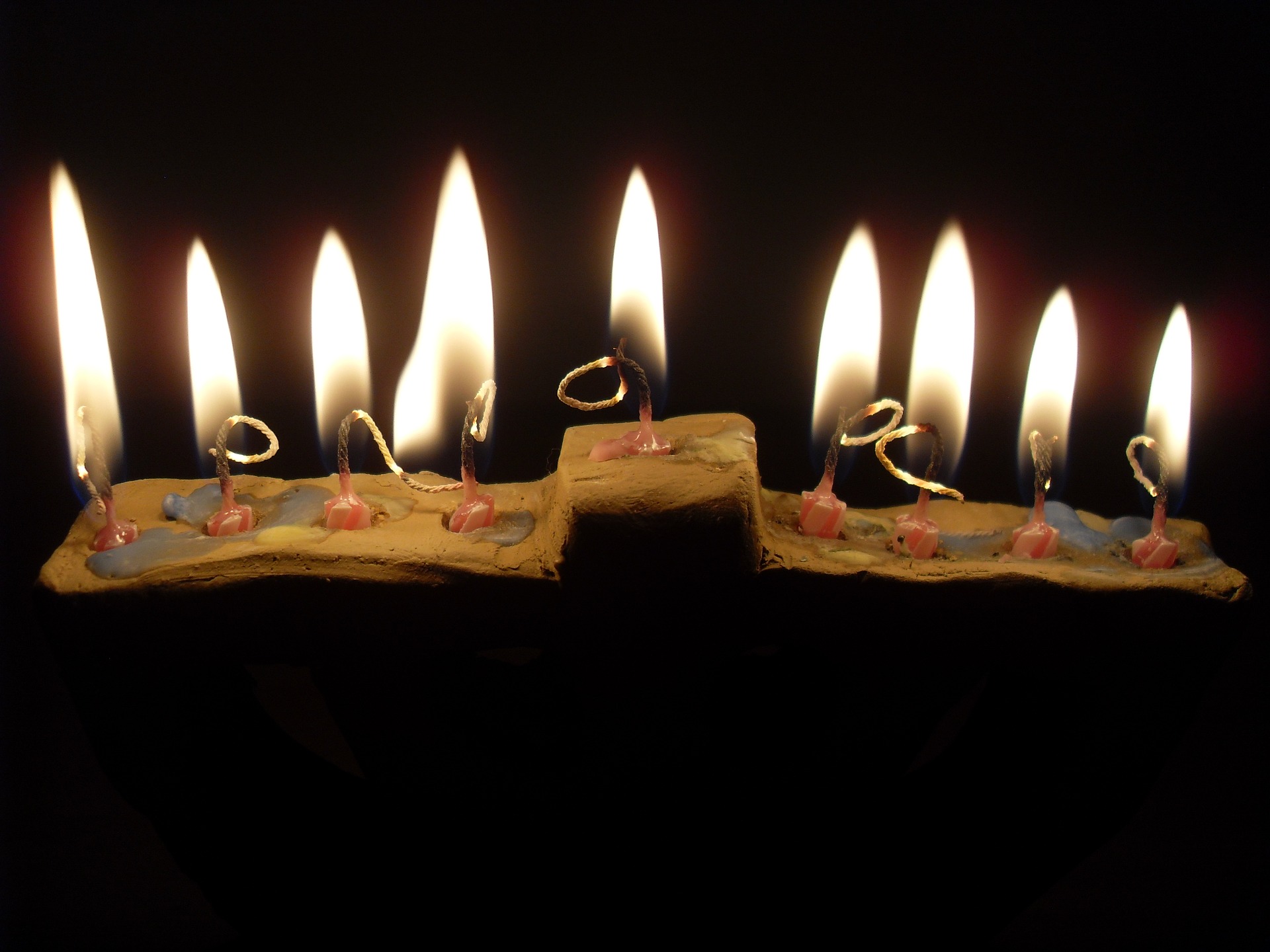 light the darkness and restore all that seemed demolished. Although their hearts were heavy from the destruction of all they held dear, they moved forward to recreate what was lost.
light the darkness and restore all that seemed demolished. Although their hearts were heavy from the destruction of all they held dear, they moved forward to recreate what was lost.
I think the story is more relevant this year than ever. Just as the Jews had to re-erect their Temple, we find ourselves having to rebuild our homes and lives after all the heaviness of the past year. We may struggle to muster up unrestrained joy and celebration, and that’s to be expected. We can take the story of Hanukkah and use it to remember that we can and will push forward. It’s about grit, resilience, rebuilding. Hanukkah teaches us that there is light even in the darkest of darkness – in times of plague, post-hurricane, despite the lump in our throats and the heaviness in our hearts we can and will continue to rebuild.
The word Hanukkah means “dedication.” So, I teach my children the importance of dedicating our lives to not simply accepting the darkest of times and instead working to fight for what we feel is right and rebuild when all seems destroyed. We can celebrate while also remembering dark days. Although Hanukkah isn’t a full-out “festival” we can embrace the light in the darkness.
Want to listen to Hanukkah music on your Alexa, too? Here’s our Hanukkah playlist: Oxenrider Chanuka Rhapsody
Brianne Oxenrider
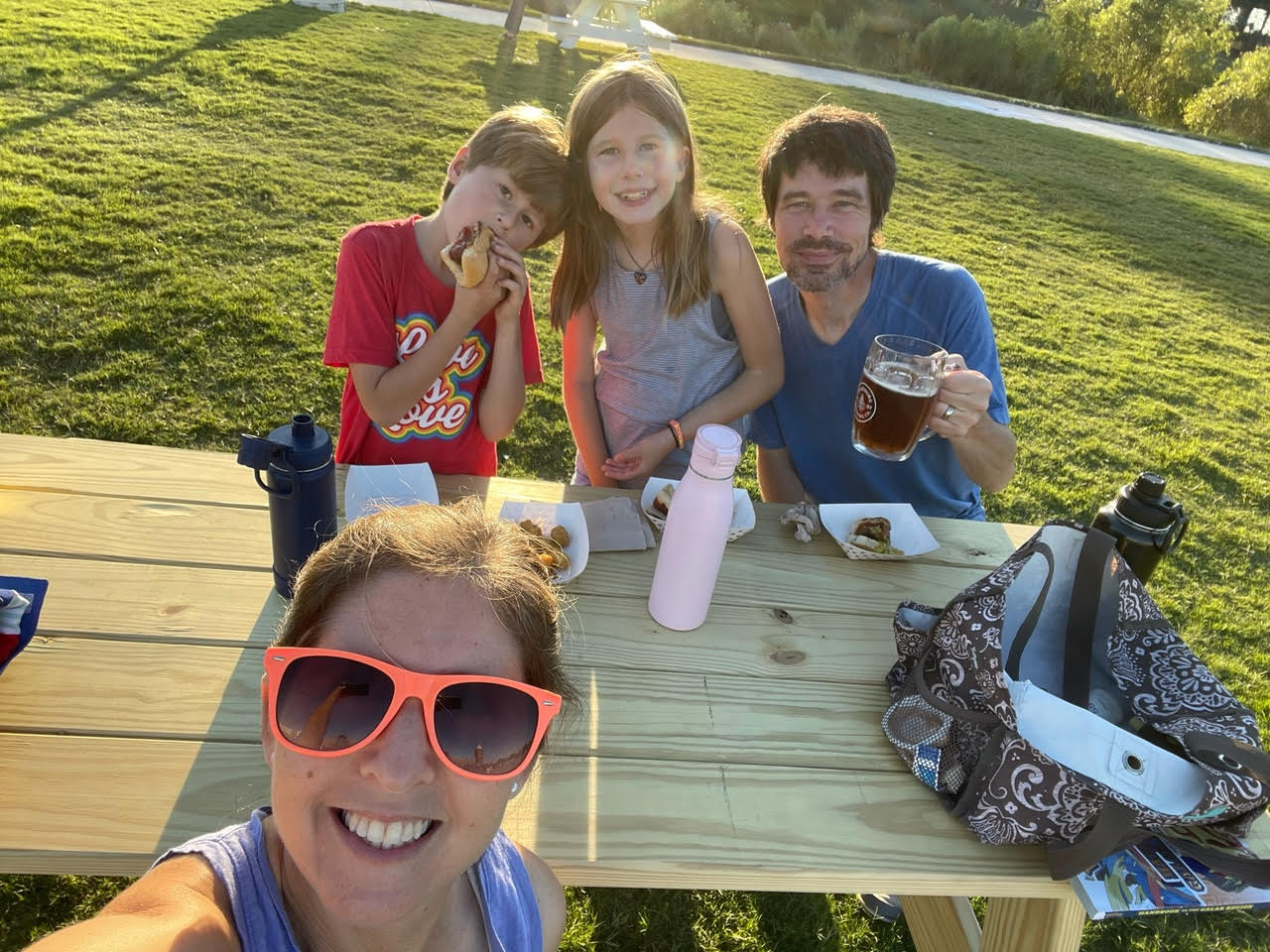 Brianne Oxenrider is mom to Camille (10) and Oliver (8). She’s originally from the New Orleans area, having grown up in Metairie and then dragging her midwestern husband back to Metairie to raise their children. Brianne works as a Licensed Clinical Social Worker in New Orleans.
Brianne Oxenrider is mom to Camille (10) and Oliver (8). She’s originally from the New Orleans area, having grown up in Metairie and then dragging her midwestern husband back to Metairie to raise their children. Brianne works as a Licensed Clinical Social Worker in New Orleans.




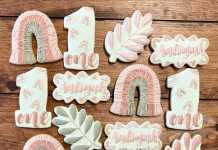
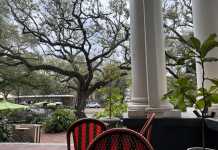






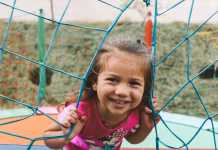
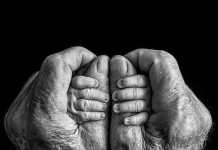
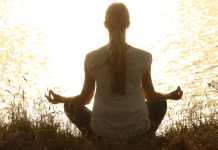


Great article, thanks! We emphasize the dedication and rededication aspect for our kids, too.